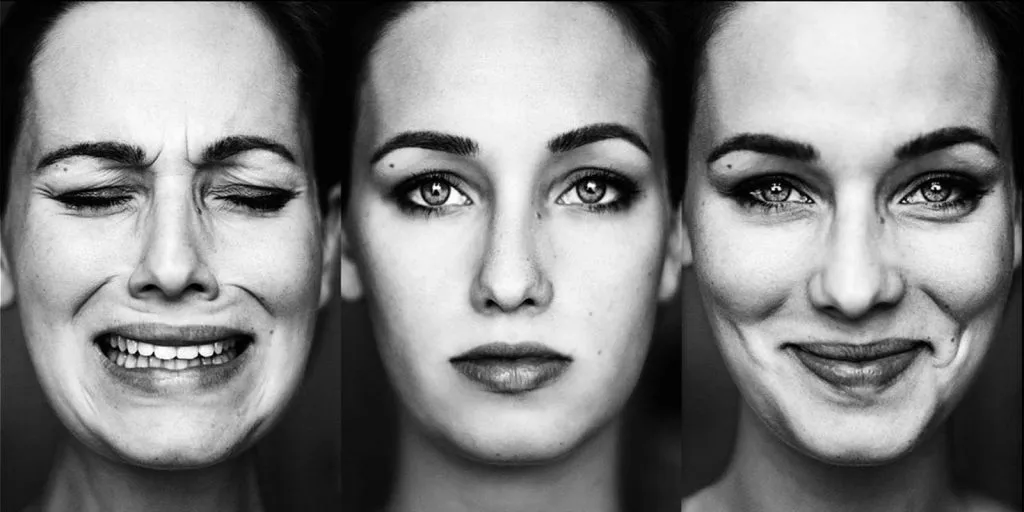
Bipolar disorder is a very frequent psychiatric pathology, in which the patient alternates depressive episodes with others of euphoria (mania). It usually becomes chronic, so bipolar patients require lifelong medical control.
It is not always easy to diagnose a bipolar disorder, because the symptoms are often confused with other problems, or are associated with other diseases that can coexist with the disorder. Therefore, it is advisable to consult with the doctor if you suffer from intense and frequent mood changes, and especially if they can not always be related to pleasant or unpleasant life events, or if the affective reaction is disproportionate or prolonged in your case. time.
Sometimes family members and friends can detect a problem of this type before the affected person, so if they observe any irregularity they can encourage them to go to the doctor.
Once diagnosed bipolar disorder is very important to follow the following recommendations:
Do not abandon the pharmacological treatment that has been prescribed for you, and that should always be controlled by a doctor.
Establish routines for daily activities, such as meals and rest, and make sure you get enough sleep.
Learn to know the disease and distinguish the symptoms that indicate variations in your mood.
Talk to your closest family and friends. They also need to know what is happening to support them better.
Consult your doctor about any new symptoms, or side effects related to the drugs you take, but do not stop the treatment on your own because it can be dangerous and aggravate the symptoms.
Try other treatments, such as psychotherapy, that can help you improve your quality of life and your relationship with your loved ones.
Do not consume alcohol or other drugs.
Do not self-medicate or take vitamin supplements, or natural herbal remedies, without consulting your doctor first.
